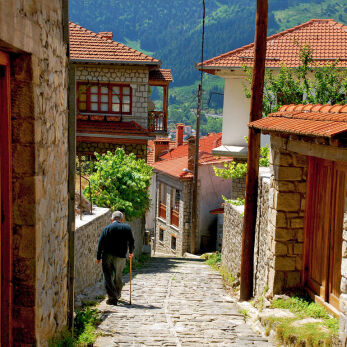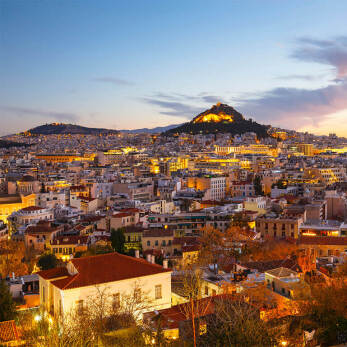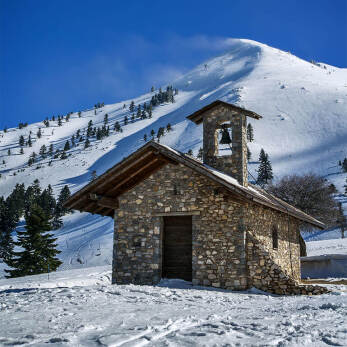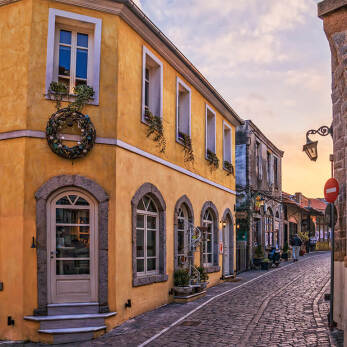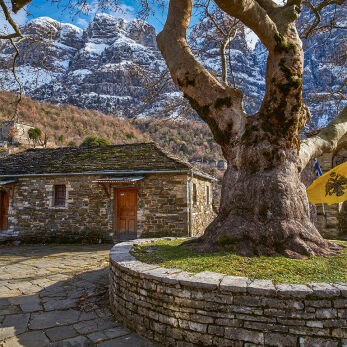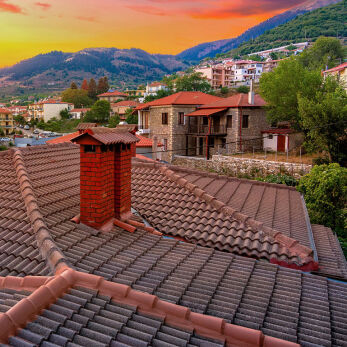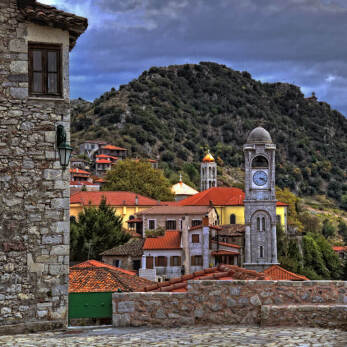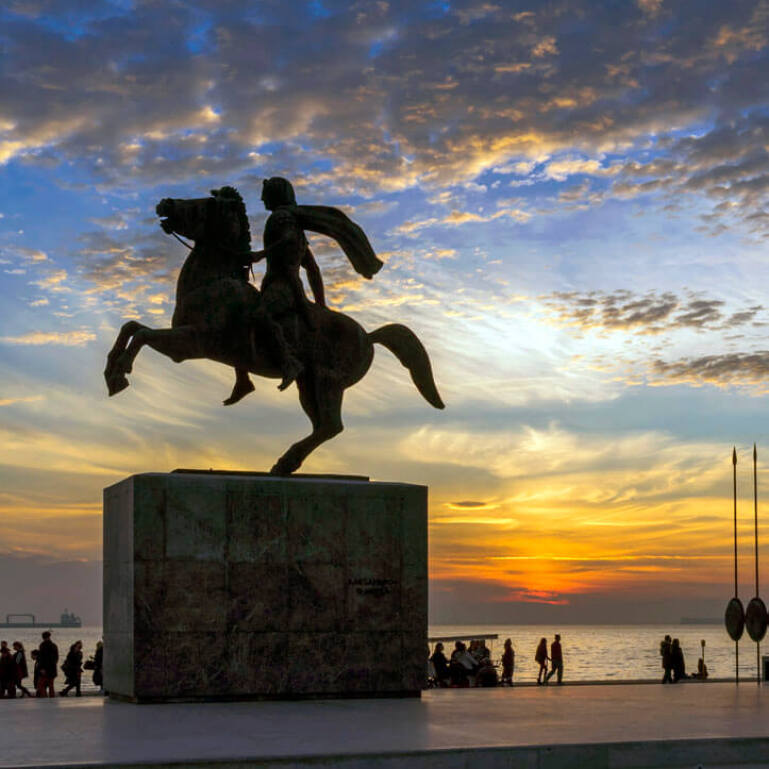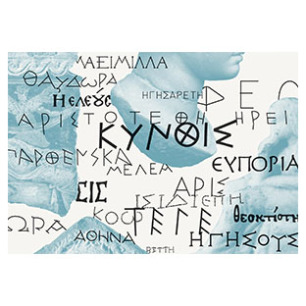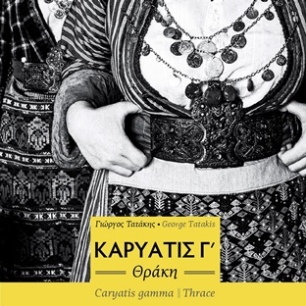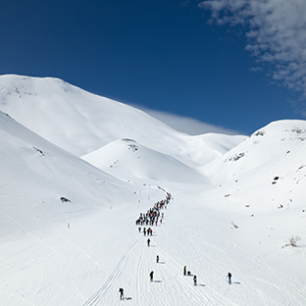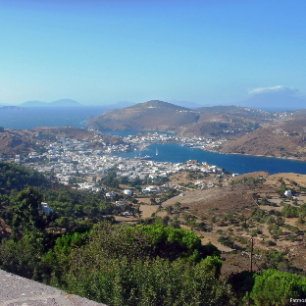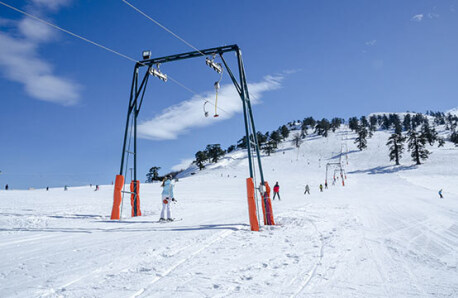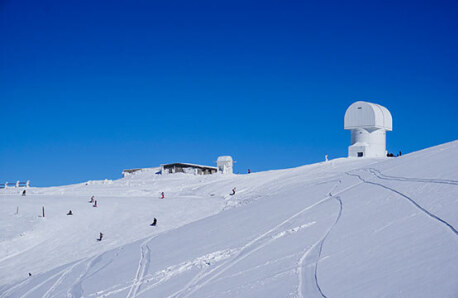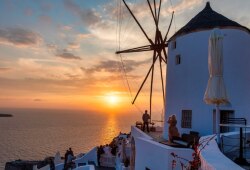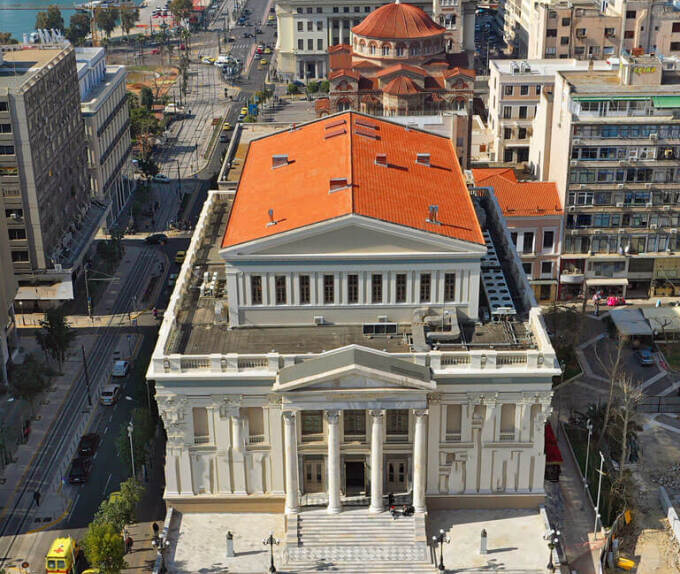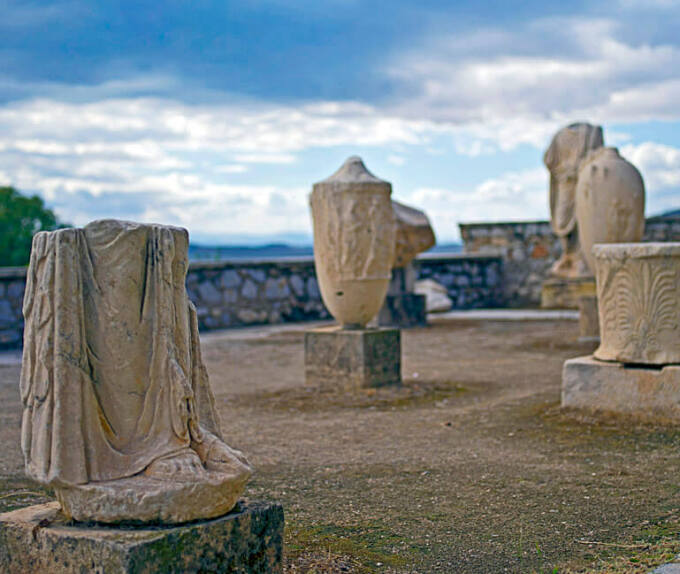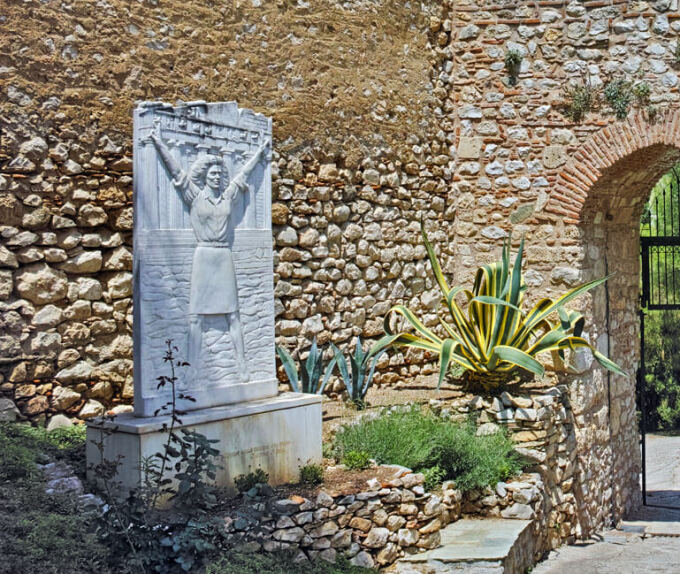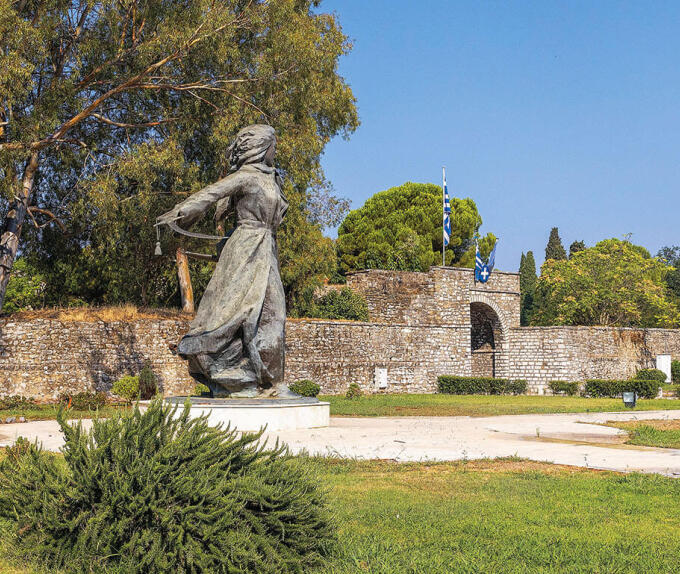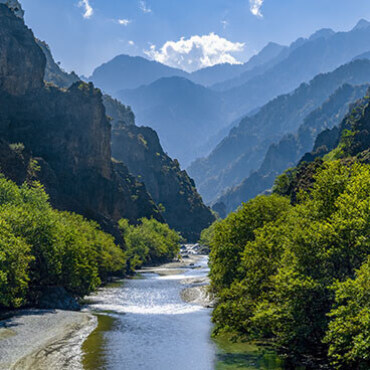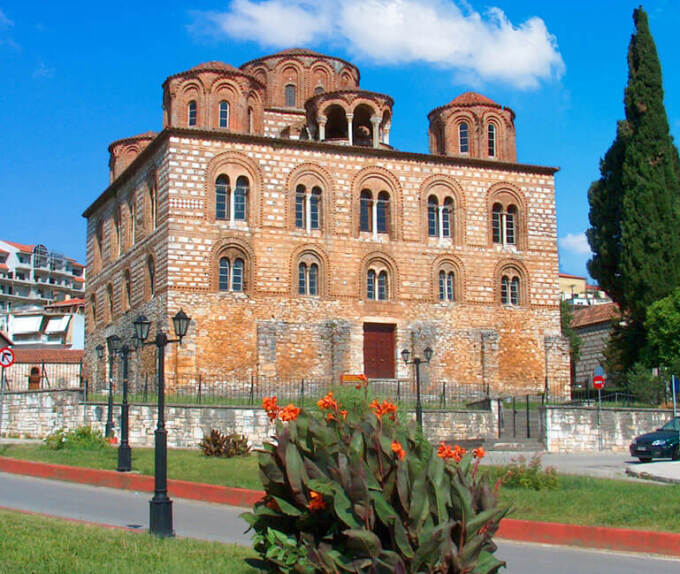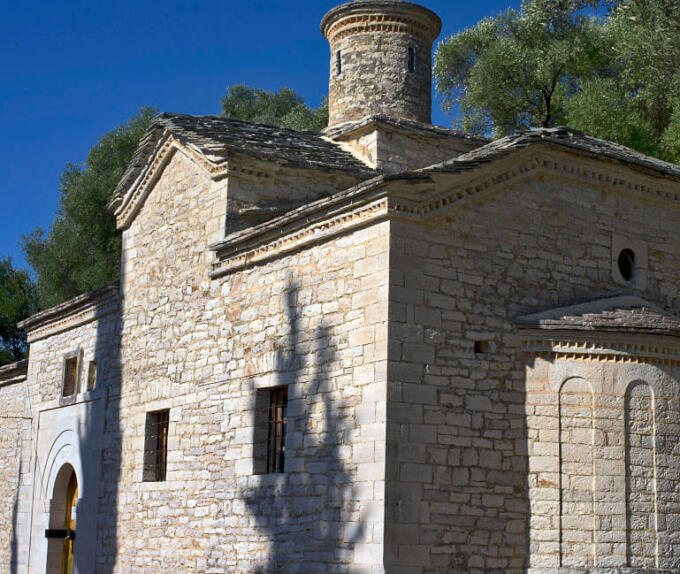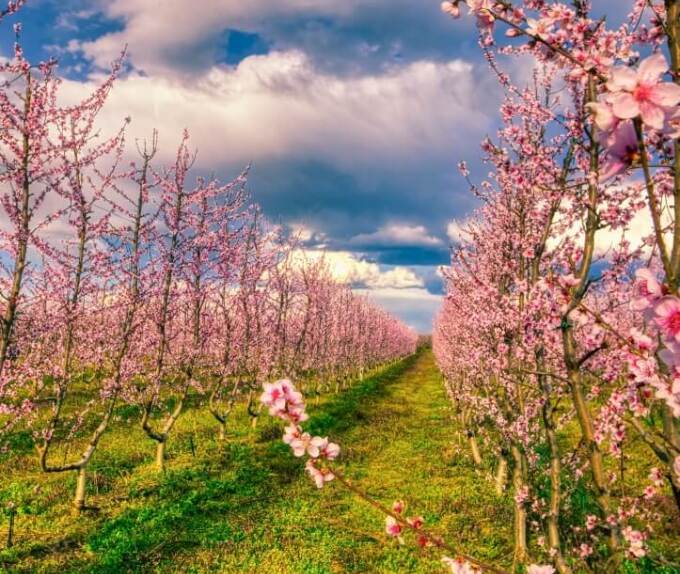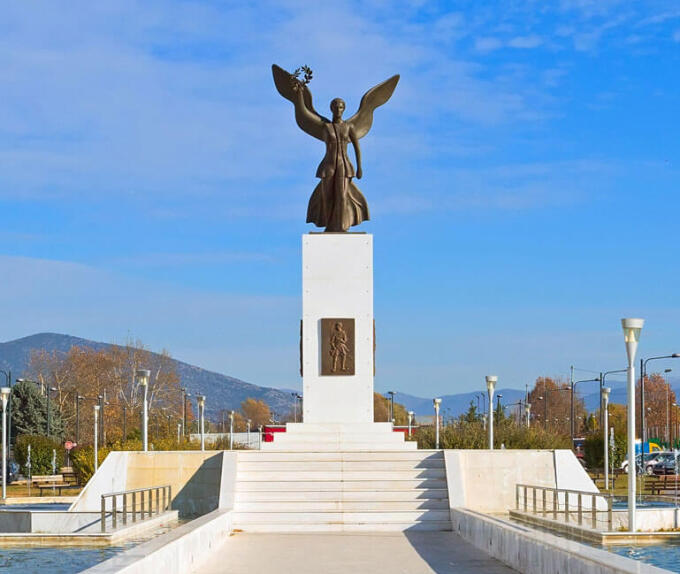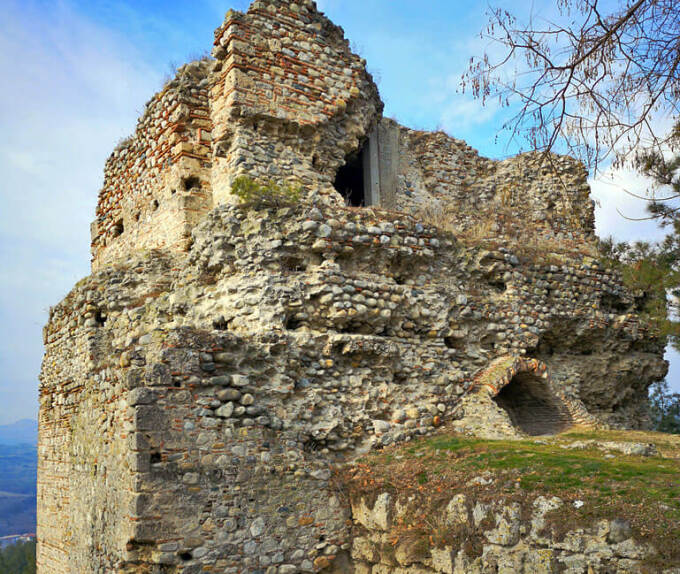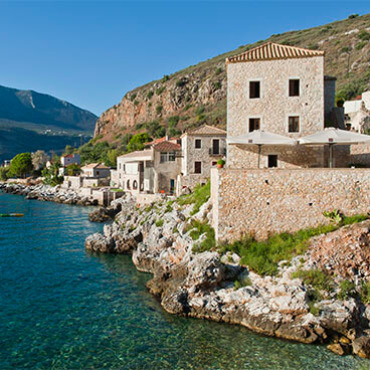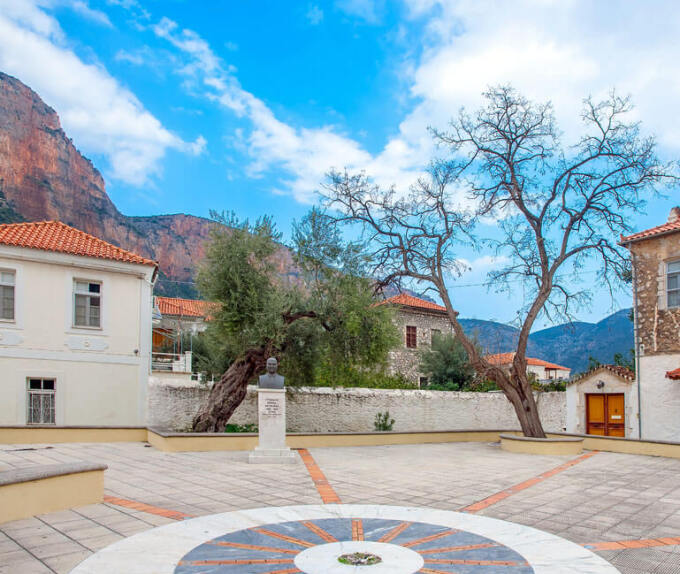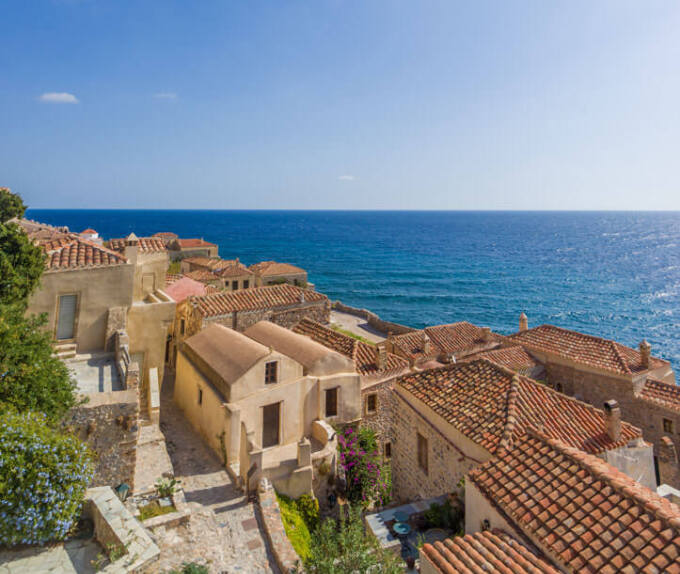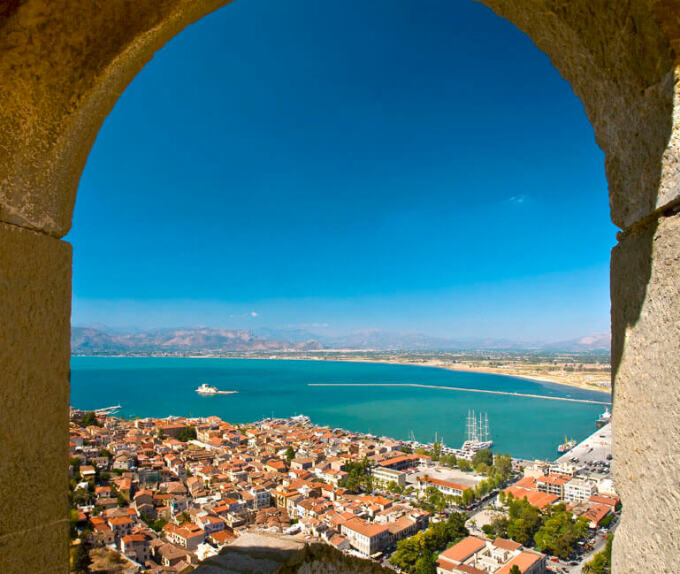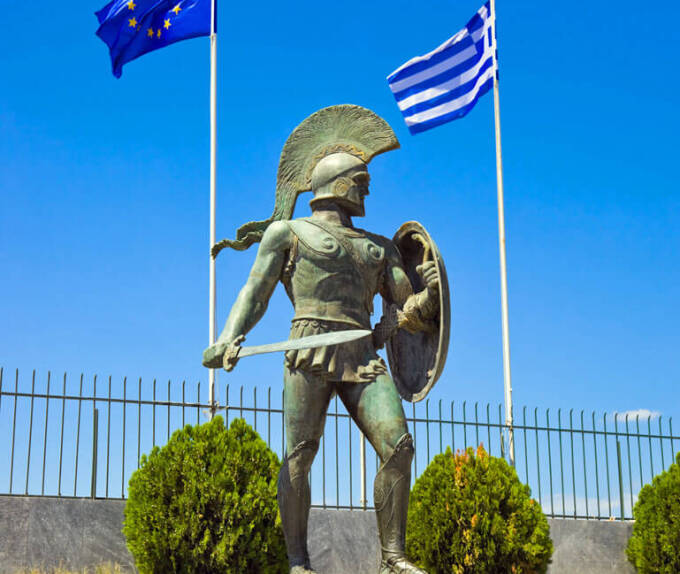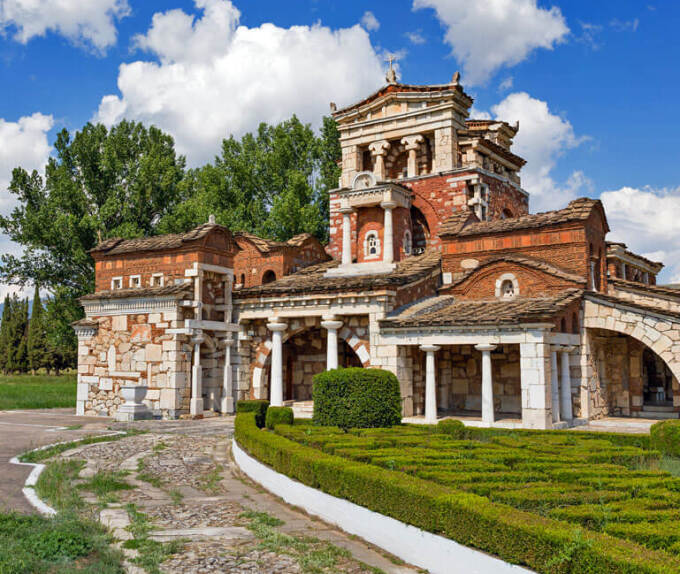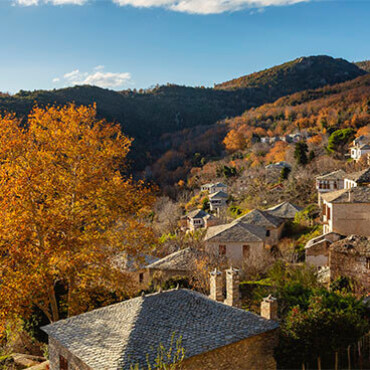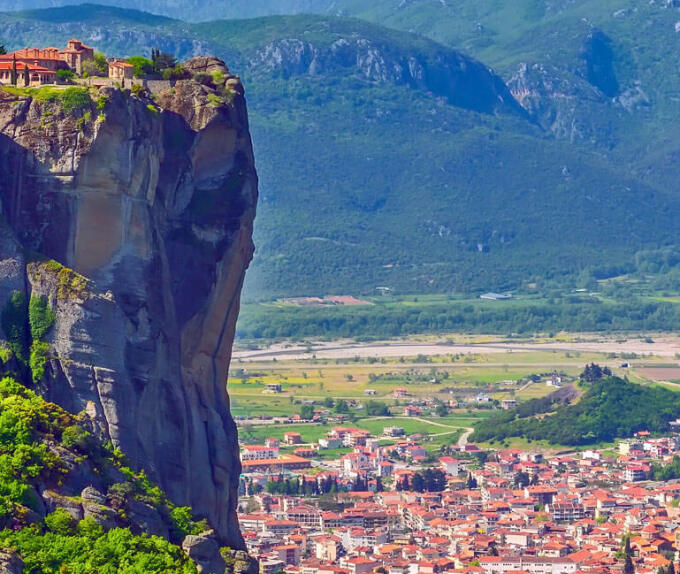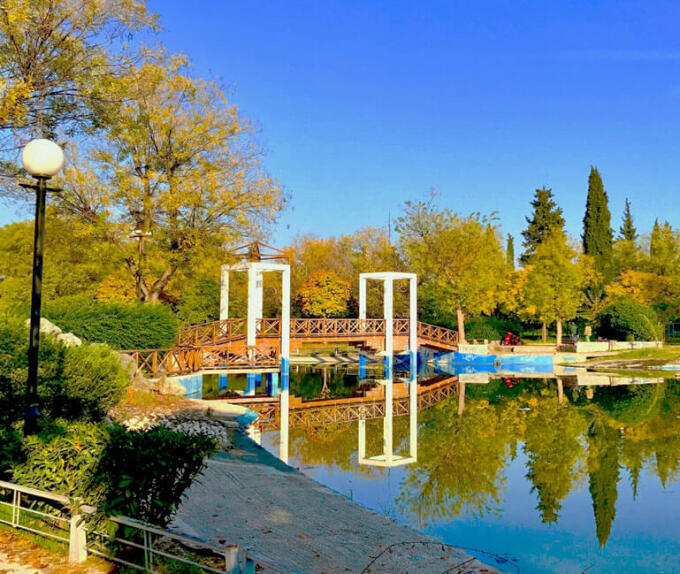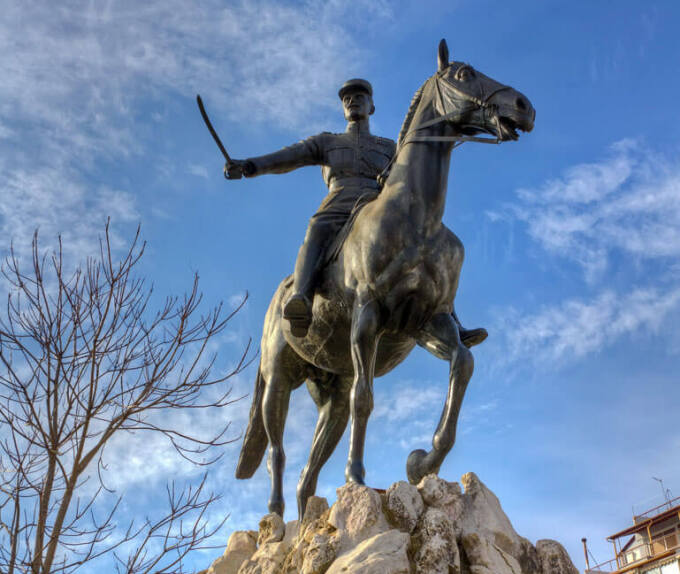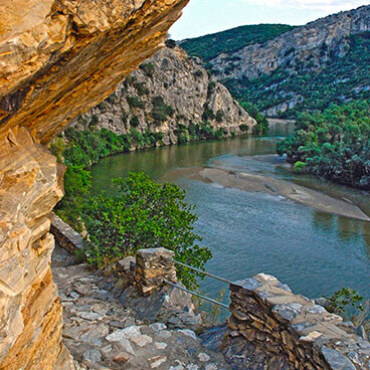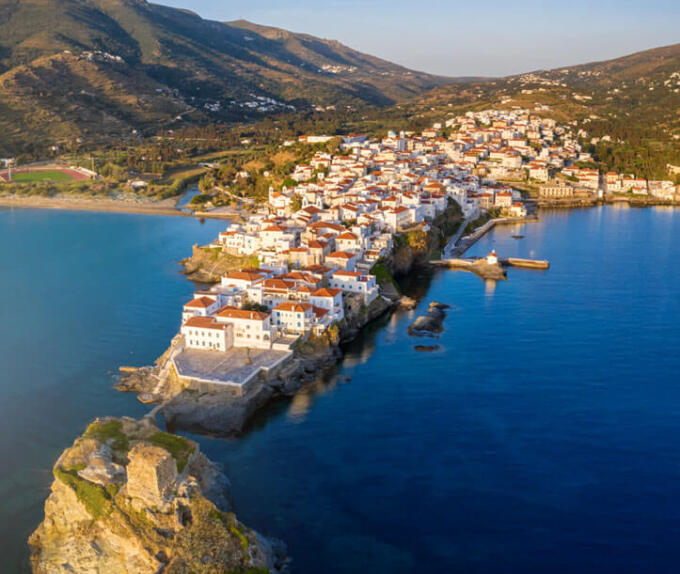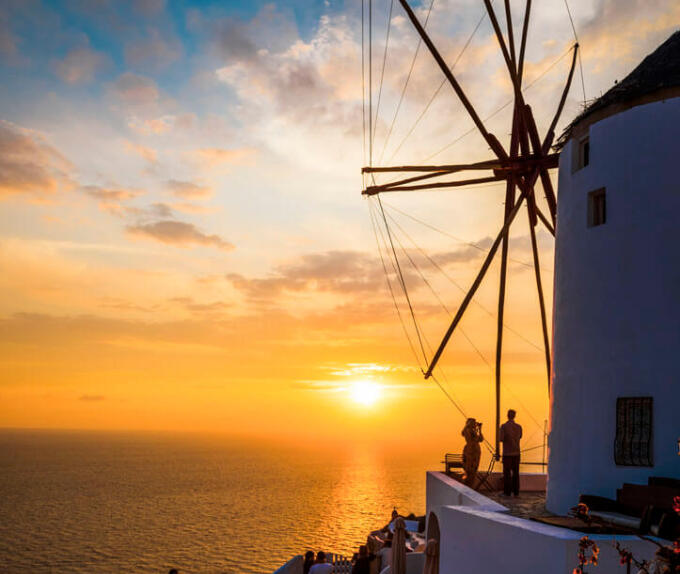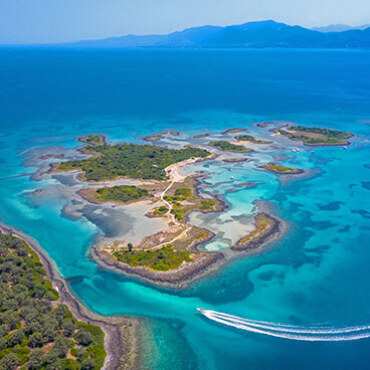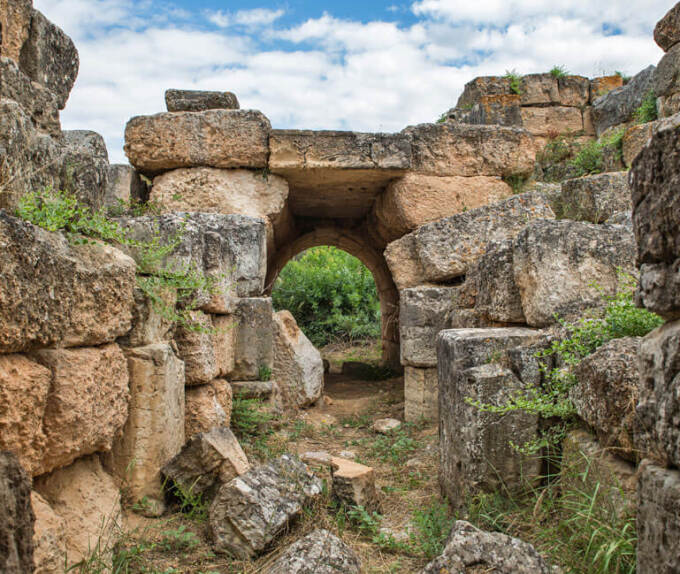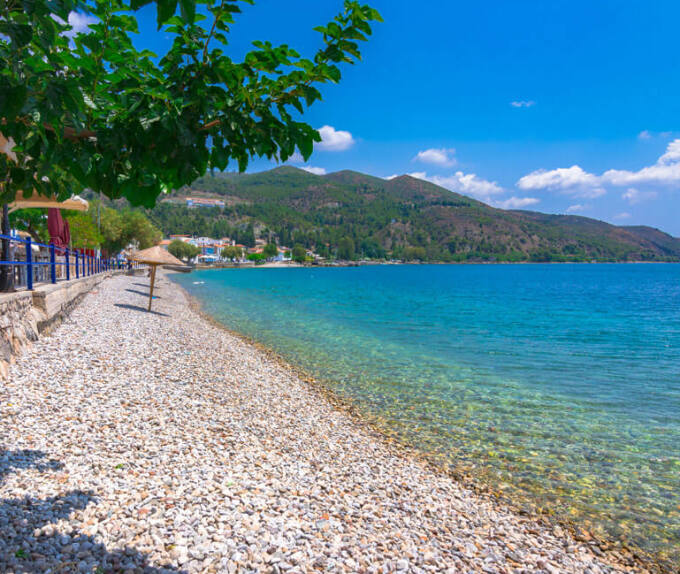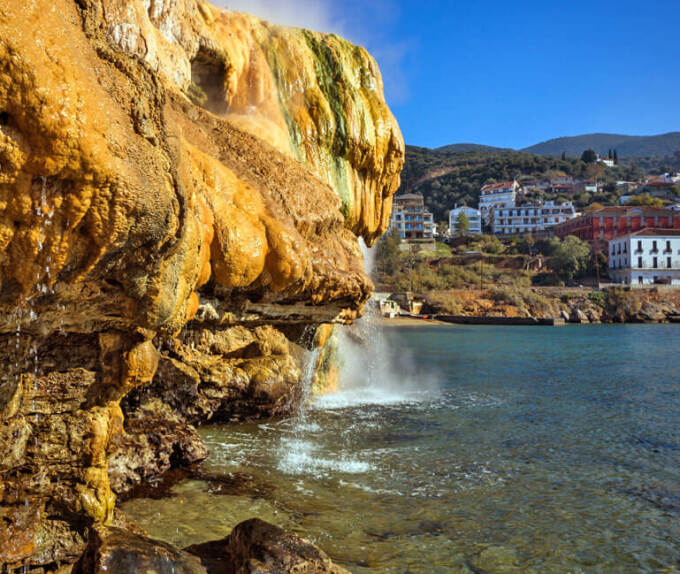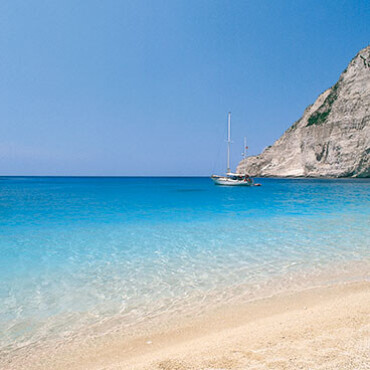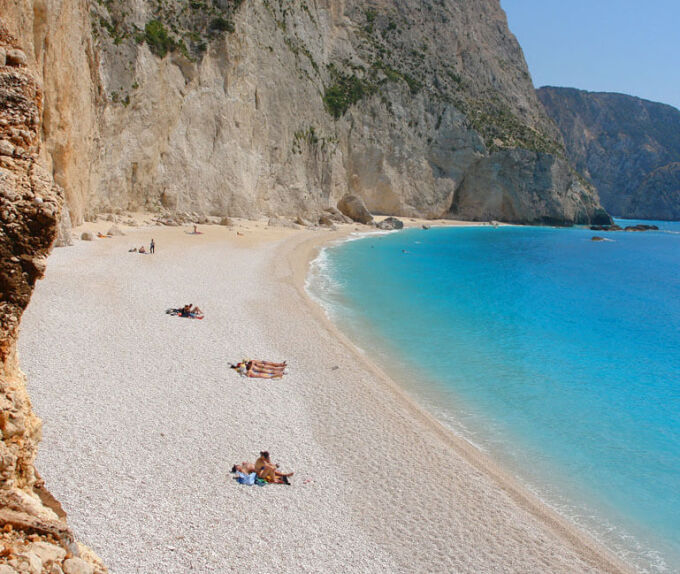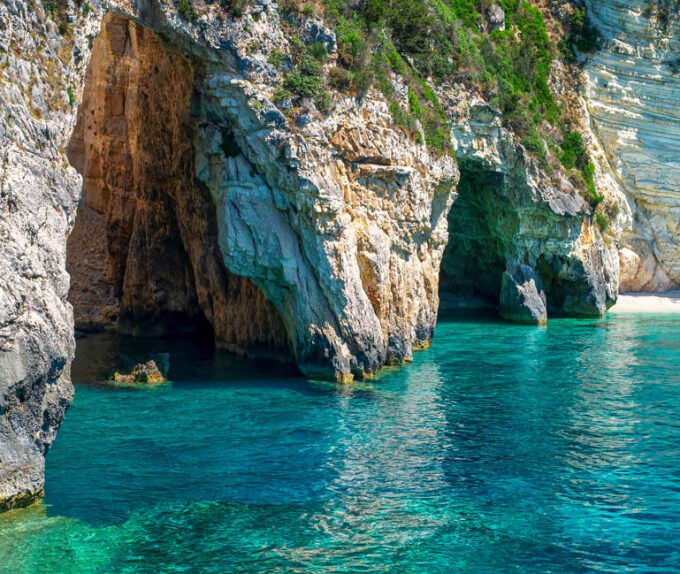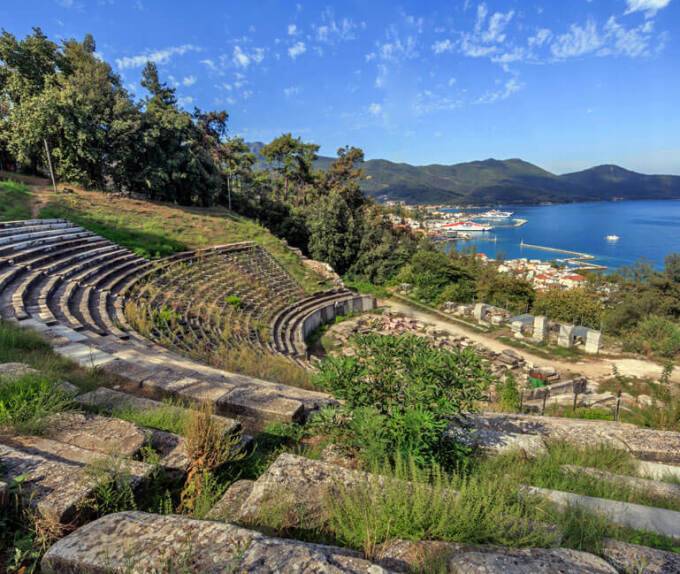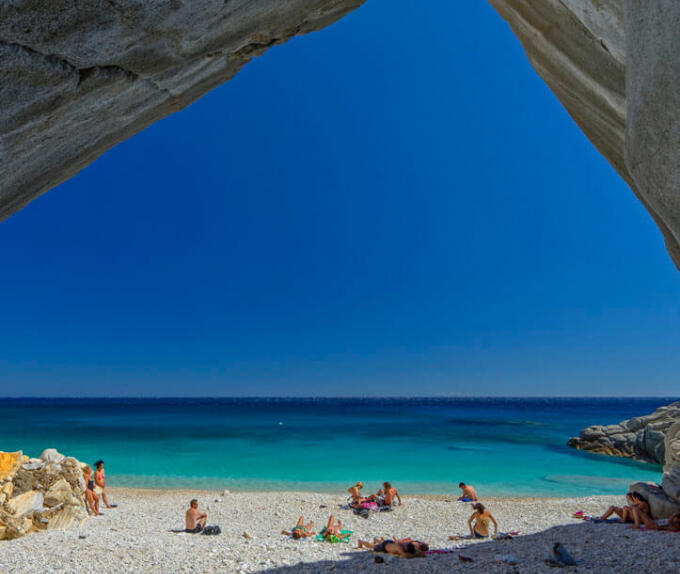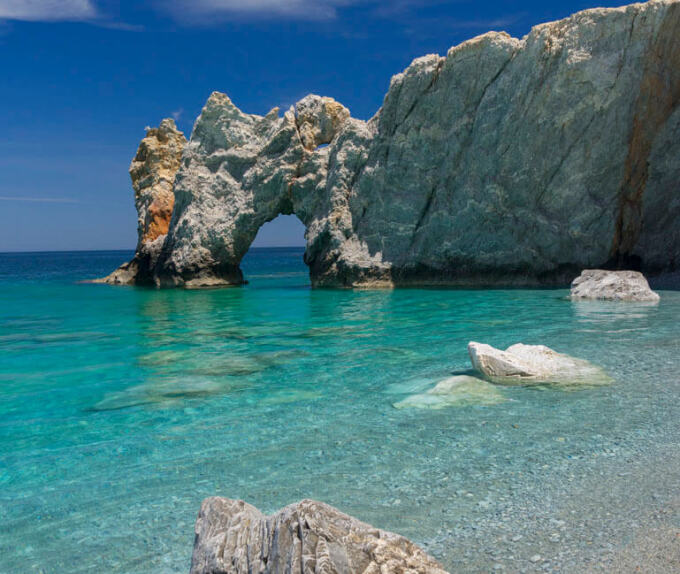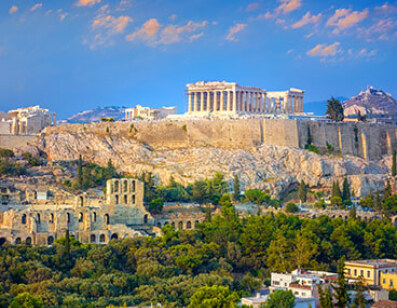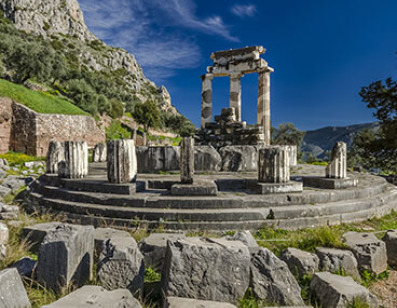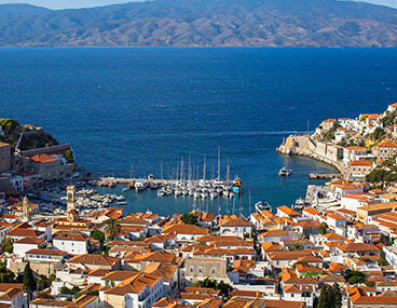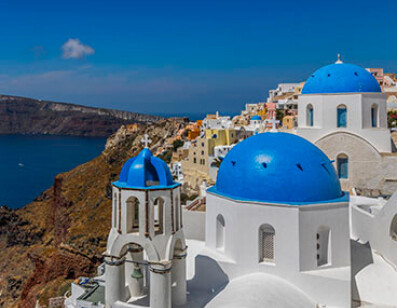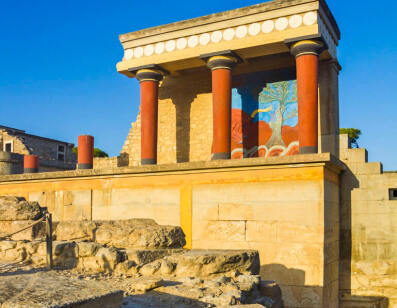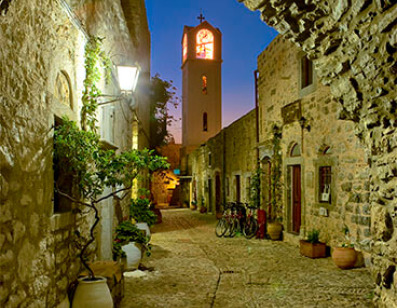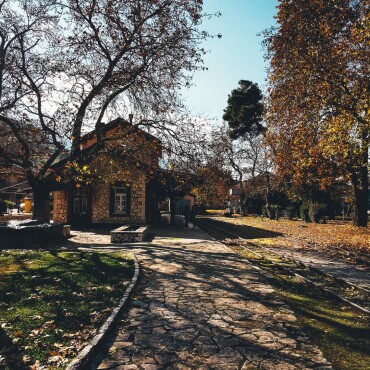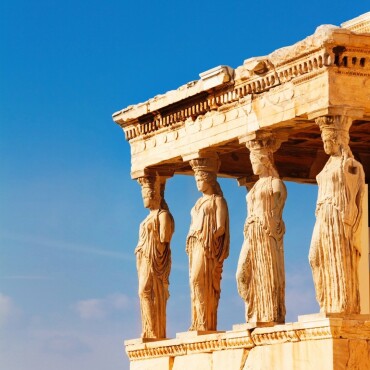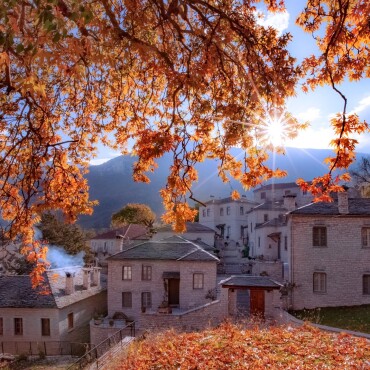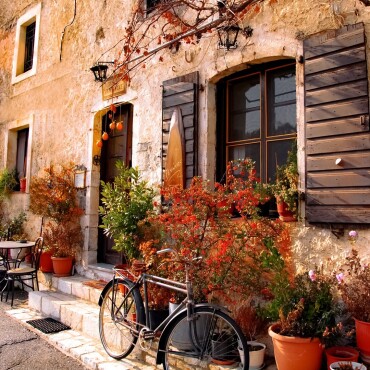
Events
VIEW ALL- Exhibitions
- Festival
- Music
- Sports
- Argosaronic
- Attica
- Central Greece
- Crete
- Cyclades
- Dodecanese
- Epirus
- Ionian
- North Aegean
- Peloponnese
- Thrace
- Athens
- Chios
- Corfu
- Epidaurus
- Heraklion
- Hydra
- Ioannina
- Livadeia
- Patmos
- Rethymno
- Santorini
- Soufli
- February
- March
- April
- May
- June
- July
- August
- September
- October
- November

Experiences
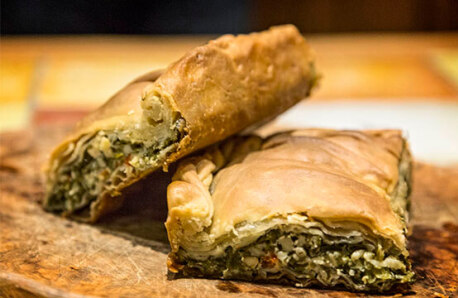



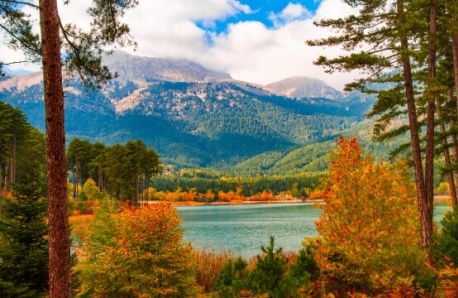

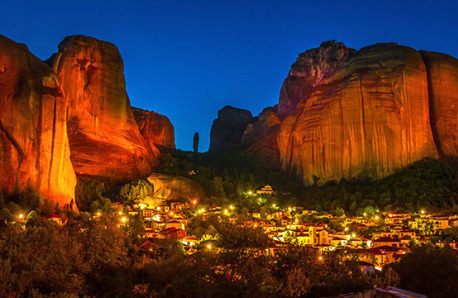
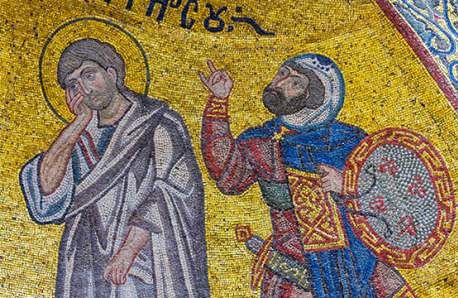
Read our Blog
VIEW ALL BLOGFun Facts
Greek is one of the oldest spoken languages in Europe since it has been spoken for more than 3.000 years.
Greece has historically engaged in wine making. Take for example Dionysus, the son of Zeus, the God of the grape-harvest, winemaking and wine. His face is seen today on the sommelier’s pin which is a symbol of respect to wine’s contribution throughout history.
Continuously inhabited for over 7,000 years, Athens is one of the oldest cities in Europe.
Greece has more archaeological museums than any other country in the world; in-fact they are around 196!
Olympus (2,917m), the mountain of Gods and Muses is the highest mountain of Greece and the 2nd in the Balkans.
Did you know that Greece is the third largest producer of olive oil in the world? Greeks have cultivated olive trees since antiquity. Some of the olive trees that are still producing olives date back to the thirteenth century.
Feta, which is made from sheep and goat’s milk, is Greece’s national cheese. It dates back to the Homeric ages, and the average per-capita consumption of feta cheese in Greece is the highest in the world!
Alexander the Great, one of history’s greatest warriors and leaders of all time, was Greek. Alexander the Great conquered land all the way from Greece to Asia. His achievements and conquests gave rise to the later Hellenistic period (323 BC - 31 BC).
Did you know that Greece is the 4th largest cheese producer worldwide. Greeks eat 28 kg per capita per year. And guess what, mostly feta cheese!
Did you know that Greece has around 6,000 islands, islets and rocky islets? 2,000 of them are islands and only 107 of them are inhabited!
Greece' s official name is Hellenic Republic. However Greeks call their country Hellas or Hellada.
The very first sprint race of the first Olympic Games in 776 B.C. was won by Coroebus of Elis, a cook!
No part of Greece is more than 137km from the sea.
On Anafi Island, lies the rock of Kalamos, the second highest monolithic limestone after Gibraltar; a must-see for climbers who will enjoy a great challenge here.
Greece is a leading producer of sea sponges.
Athens is one of the few coastal cities worldwide that is surrounded by mountains. These are Mt. Hymettus, Mt. Penteli, Mt. Parnitha and Mt. Aigaleo.
Did you know that most days of the year are sunny in Greece? 250, to be exact.
The first philosopher is considered to be Thales of Miletus (c. 624 – 425 B.C.). He is credited as giving the first explanation for the origin of the world that was not mythological.
Greece is the place where democracy was born. But democracy in ancient Athens was significantly different from modern democracies. It was both more participatory and exclusive, and there were no political parties in Athenian democracy.
Crete, Greece’s largest island and birthplace of the Minoan Civilisation, is the most southern one, except for the little island of Gavdos!
Explore Greece
Central Greece

Dodecanese

Places to Visit
North Aegean






